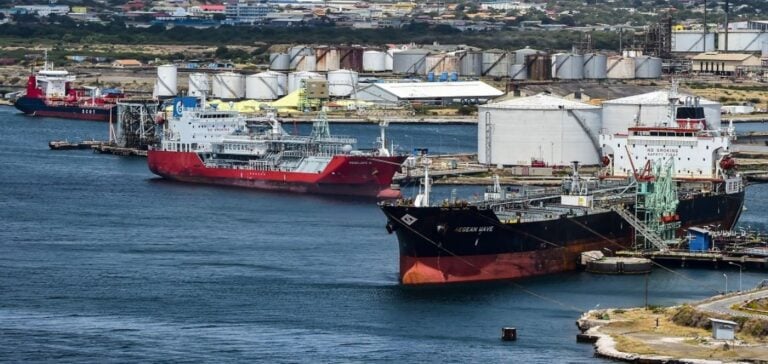Washington reinstates punitive sanctions against Venezuela following the failure of democratic negotiations planned in Barbados last October. Despite an agreement to hold internationally monitored presidential elections on July 28, the Maduro regime’s exclusion of Maria Corina Machado and her replacement Corina Yoris has exacerbated tensions. Matthew Miller, spokesman for the US State Department, openly criticizes the obstacles to the registration of opposition candidates, and the acts of intimidation and detention practiced by the regime.
Venezuelan response to sanctions
Despite the US sanctions, Pedro Tellechea, Venezuelan Oil Minister and Chairman of Petroleos de Venezuela (PDVSA), insists that the Venezuelan economy remains stable and that the sanctions have no significant effect. It proclaims the continued development and progress of the national oil sector despite the international context.
Legal framework and implications of sanctions
The general license known as “GL44,” which allowed transactions with the Venezuelan oil and gas sector for six months, will expire without renewal. American and international companies involved in this sector have until May 31 to comply with the new sanctions guidelines, indicating a strict transition to the application of punitive measures.
Electoral and international context
Maria Machado’s reaction, speaking to AFP, illustrates the frustration of the opposition, which sees these sanctions as a necessary means of pressure to encourage free and fair elections. At the same time, international observer missions, including delegates from the European Union, the Carter Center and a panel of UN experts, are scheduled to monitor the July 28 poll, underlining the importance of international validation of the electoral process.
President Nicolas Maduro, who is seeking a third term in office, and his government remain defiant in the face of international pressure, illustrated by the re-imposition of similar sanctions against the state-owned gold mining company Minerven. This US sanctions strategy, initiated in 2019, is aimed at countering Maduro’s post-election policies of 2018, which were deemed contested.






















